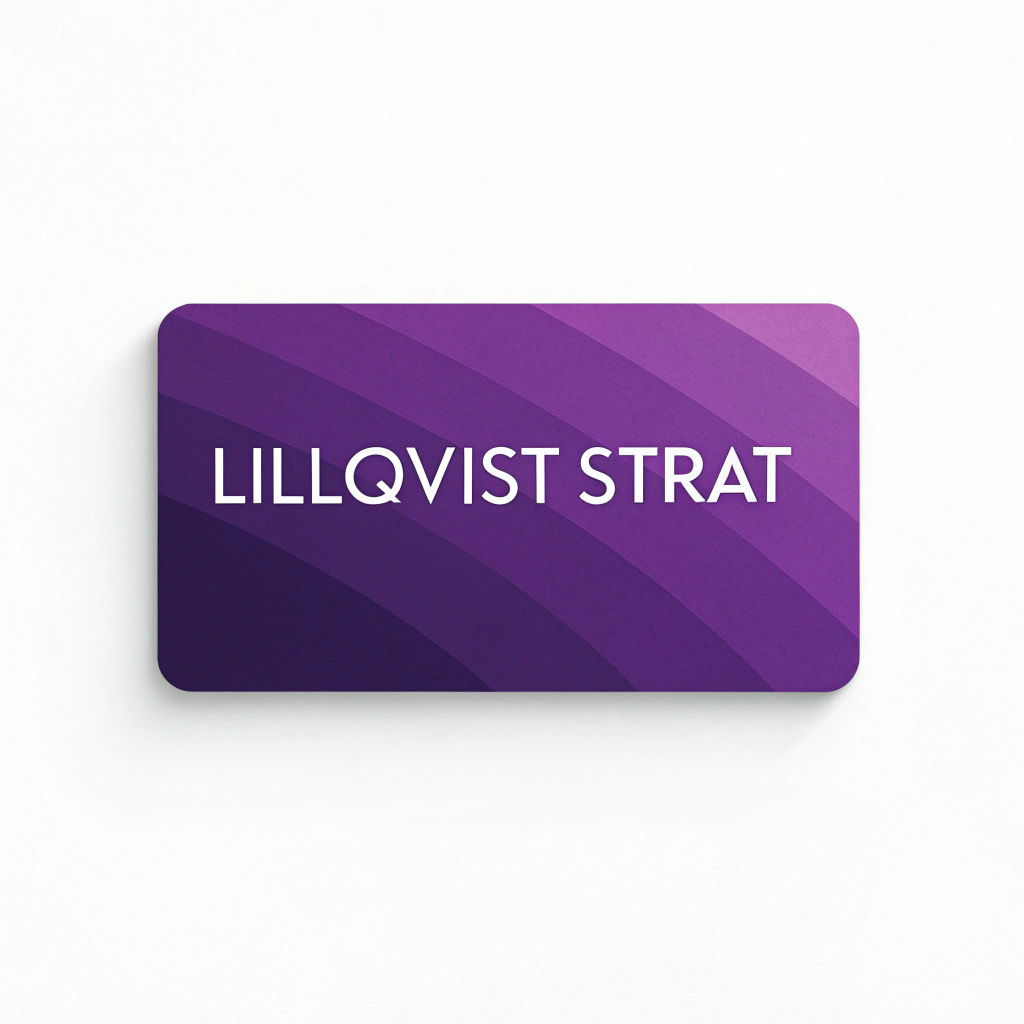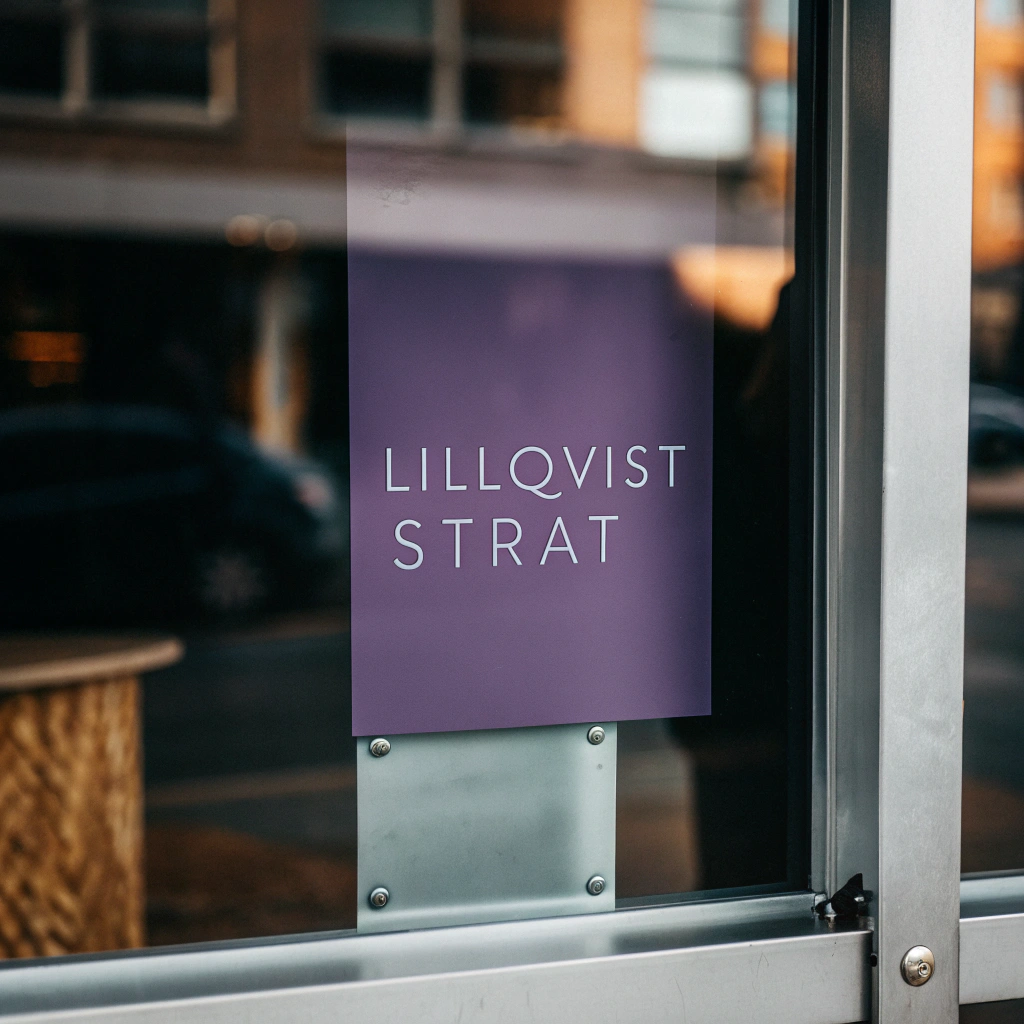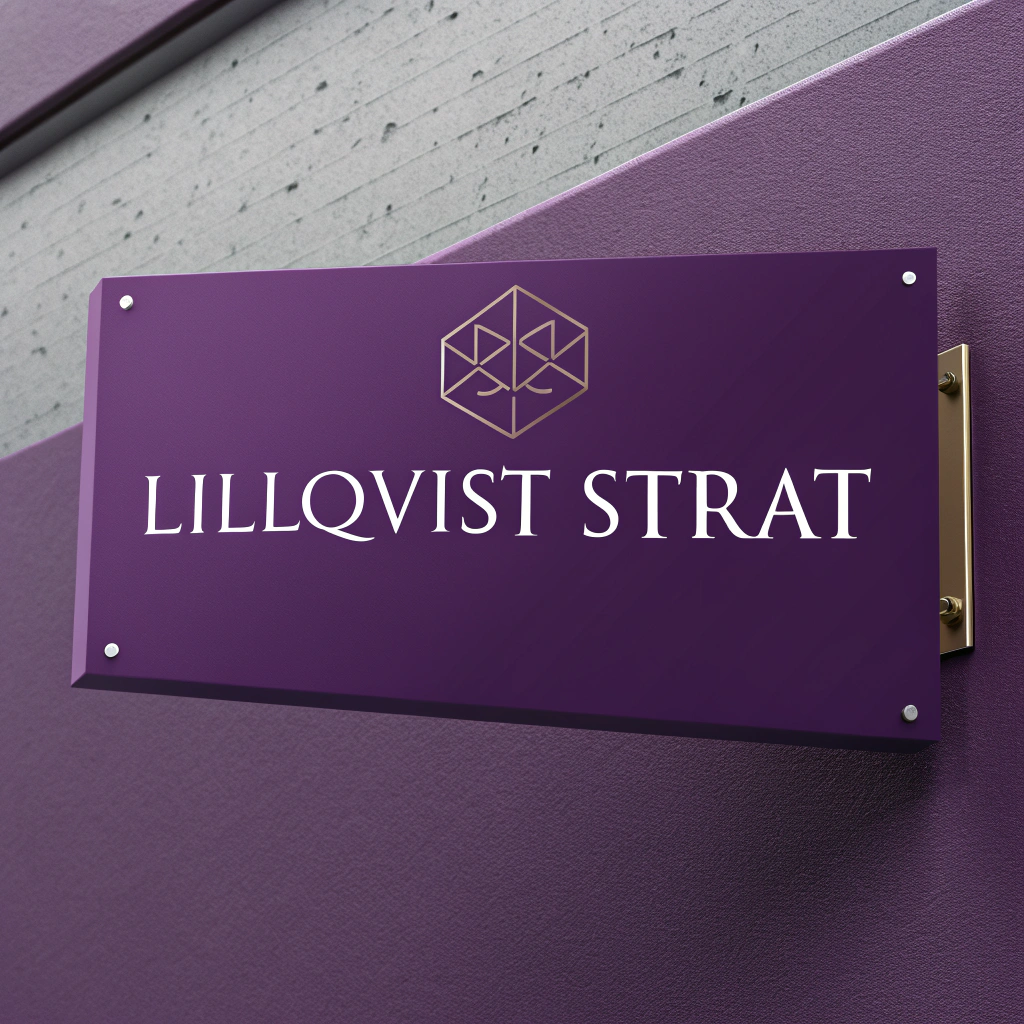Use MongoDB to Store Customer Data and Pandas for Segmentation
Clothing retailers can leverage MongoDB to store extensive customer data, such as purchasing habits, demographics, and engagement metrics. By using pandas for data manipulation and segmentation, businesses can tailor marketing efforts more effectively.
Code Example:
import pandas as pd
from pymongo import MongoClient
# Connect to MongoDB and fetch customer data
client = MongoClient('mongodb://localhost:27017/')
db = client['retail']
customers = db['customer_data']
# Retrieve data from MongoDB and convert to DataFrame
data = pd.DataFrame(list(customers.find()))
# Perform segmentation: For example, segmenting based on total spend and frequency of purchases
segments = pd.cut(data['total_spend'], bins=[0, 50, 150, 300, 500], labels=['Low', 'Medium', 'High', 'Premium'])
# Add the segment to the DataFrame
data['customer_segment'] = segments
# Display segmented customer data
print(data[['customer_name', 'total_spend', 'customer_segment']])Automate Personalized Marketing Campaigns Based on Purchasing Habits
By automating customer segmentation, retailers can generate personalized marketing strategies, sending tailored promotions or emails to different customer groups based on their shopping behaviors.
Code Example:
# Function to trigger marketing campaigns based on customer segment
def send_marketing_campaigns(data):
for _, row in data.iterrows():
if row['customer_segment'] == 'Premium':
print(f"Sending premium offer to {row['customer_name']}")
elif row['customer_segment'] == 'High':
print(f"Sending exclusive discount to {row['customer_name']}")
elif row['customer_segment'] == 'Medium':
print(f"Sending seasonal promotions to {row['customer_name']}")
else:
print(f"Sending introductory offer to {row['customer_name']}")
# Trigger marketing campaigns for segmented customers
send_marketing_campaigns(data)Boost Conversion Rates with Data-Driven Insights
By analyzing customer purchasing habits and using insights from pandas, retailers can drive more targeted marketing campaigns. These campaigns are more likely to convert by aligning with each segment’s preferences.
Code Example:
# Analyze the impact of marketing campaigns on conversion rates
def analyze_campaign_impact(data):
campaign_data = data[['customer_name', 'total_spend', 'customer_segment']]
for segment in campaign_data['customer_segment'].unique():
segment_data = campaign_data[campaign_data['customer_segment'] == segment]
average_spend = segment_data['total_spend'].mean()
print(f"Average spend for {segment} customers: ${average_spend:.2f}")
# Analyze the effectiveness of campaigns for each segment
analyze_campaign_impact(data)Why Choose Lillqvist Strat?
At Lillqvist Strat, we help clothing retailers unlock the power of customer segmentation for more effective and personalized marketing. With our MongoDB-driven customer data solutions and pandas-powered segmentation models, we automate the creation of targeted campaigns that are tailored to the purchasing habits of each customer group.
With our service, you can:
- Store and manage customer data securely using MongoDB.
- Segment customers based on key metrics like spending habits and purchasing frequency.
- Automate marketing campaigns and boost conversion rates with precise, data-driven insights.
Lillqvist Strat provides the tools and expertise to transform your marketing strategies into more efficient, personalized efforts that engage customers and increase your bottom line. Let us help you leverage the power of data-driven marketing.

Lillqvist Strat consults on business developement, software projects, automation, SOPs, analytical tools and more.
Contact me today to get started on our journey to higher profits, more revenue and happier employees!
Go to Contact now



